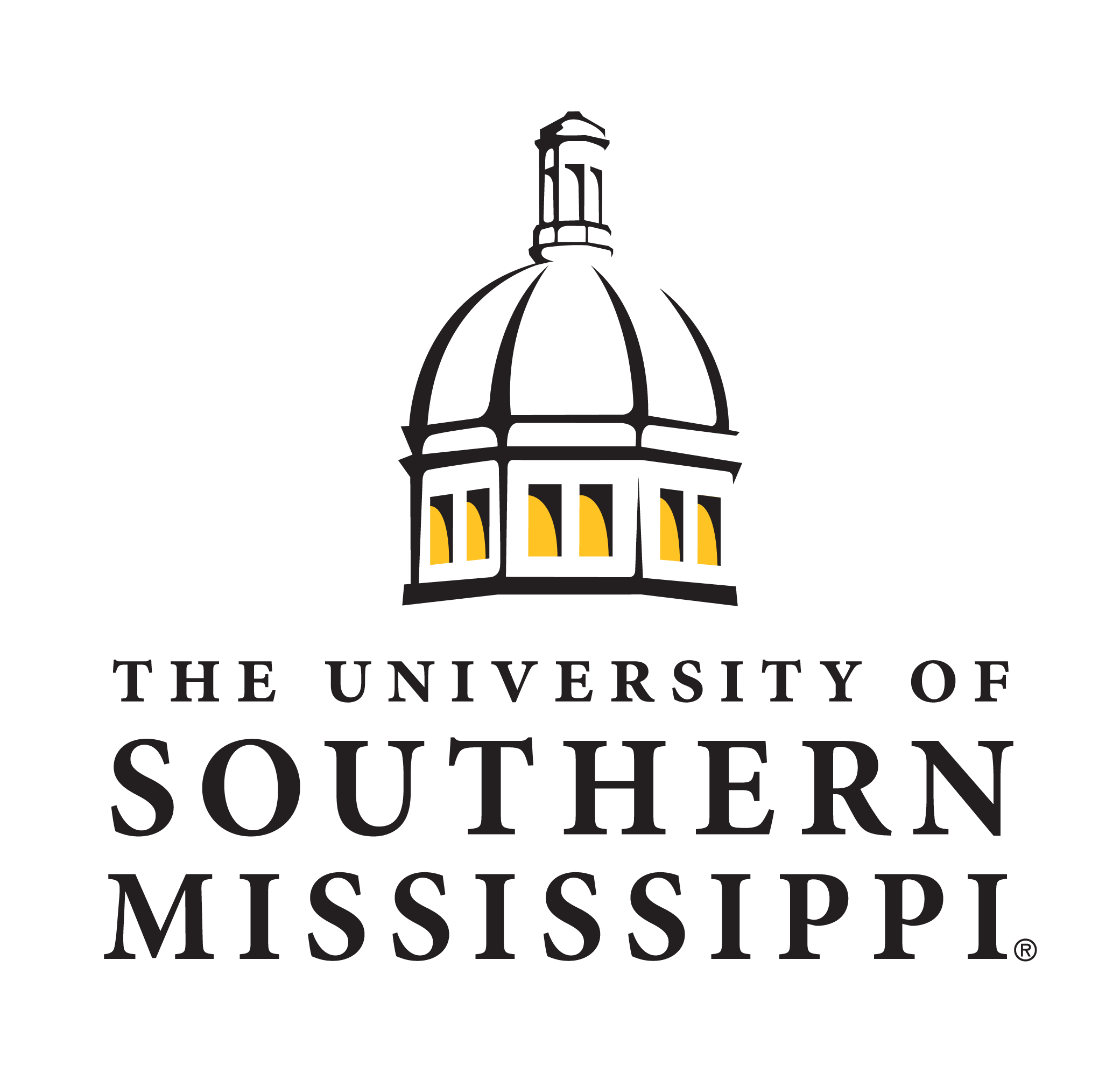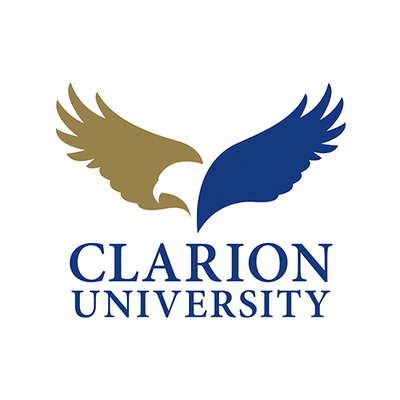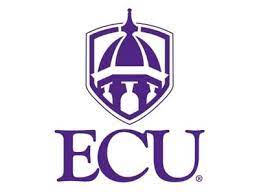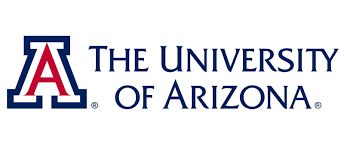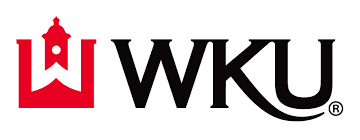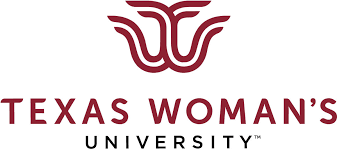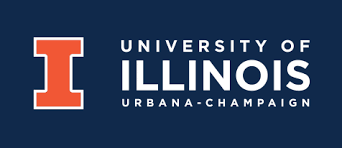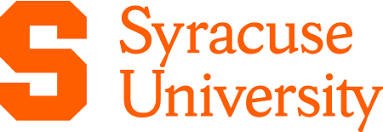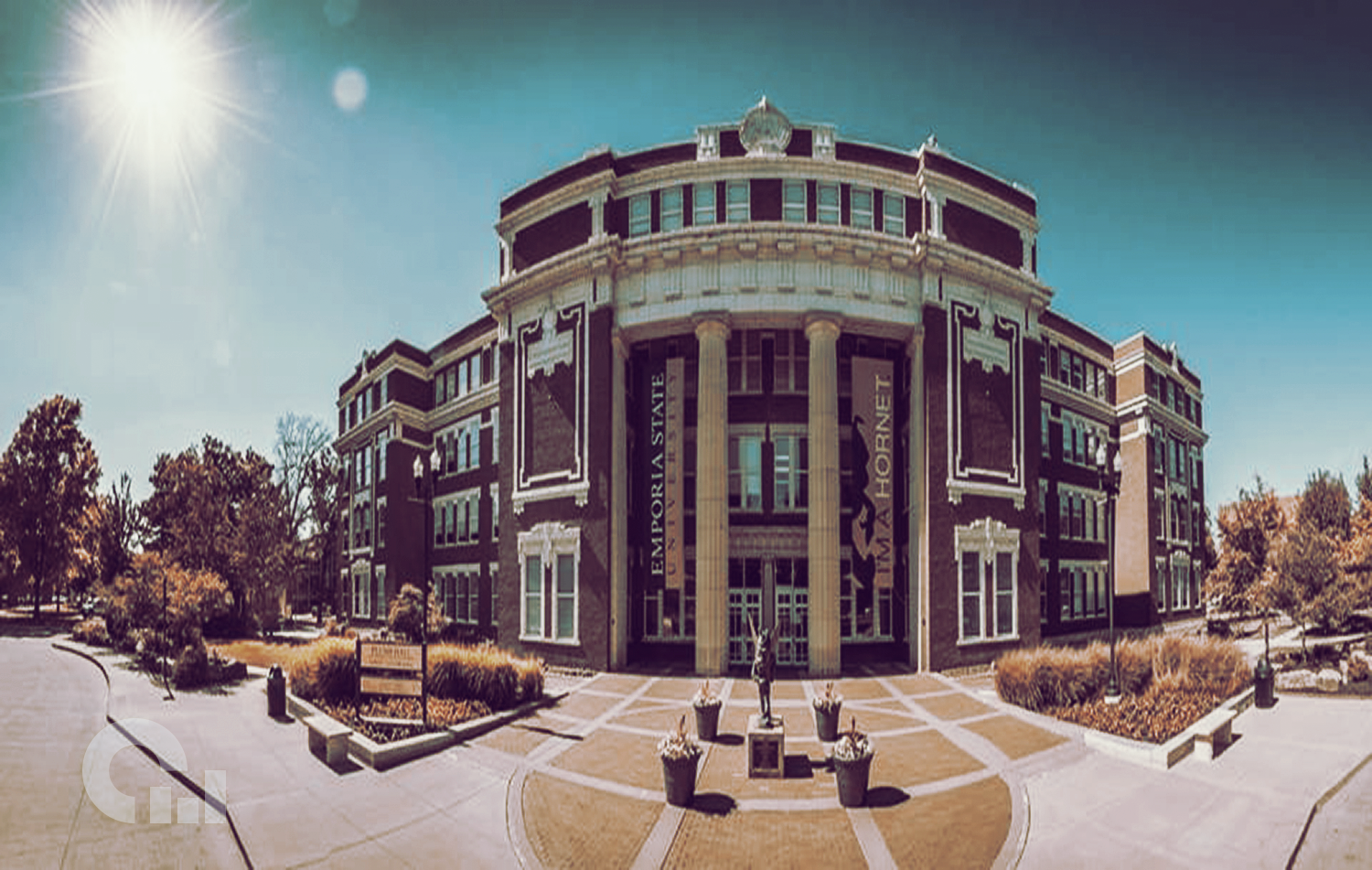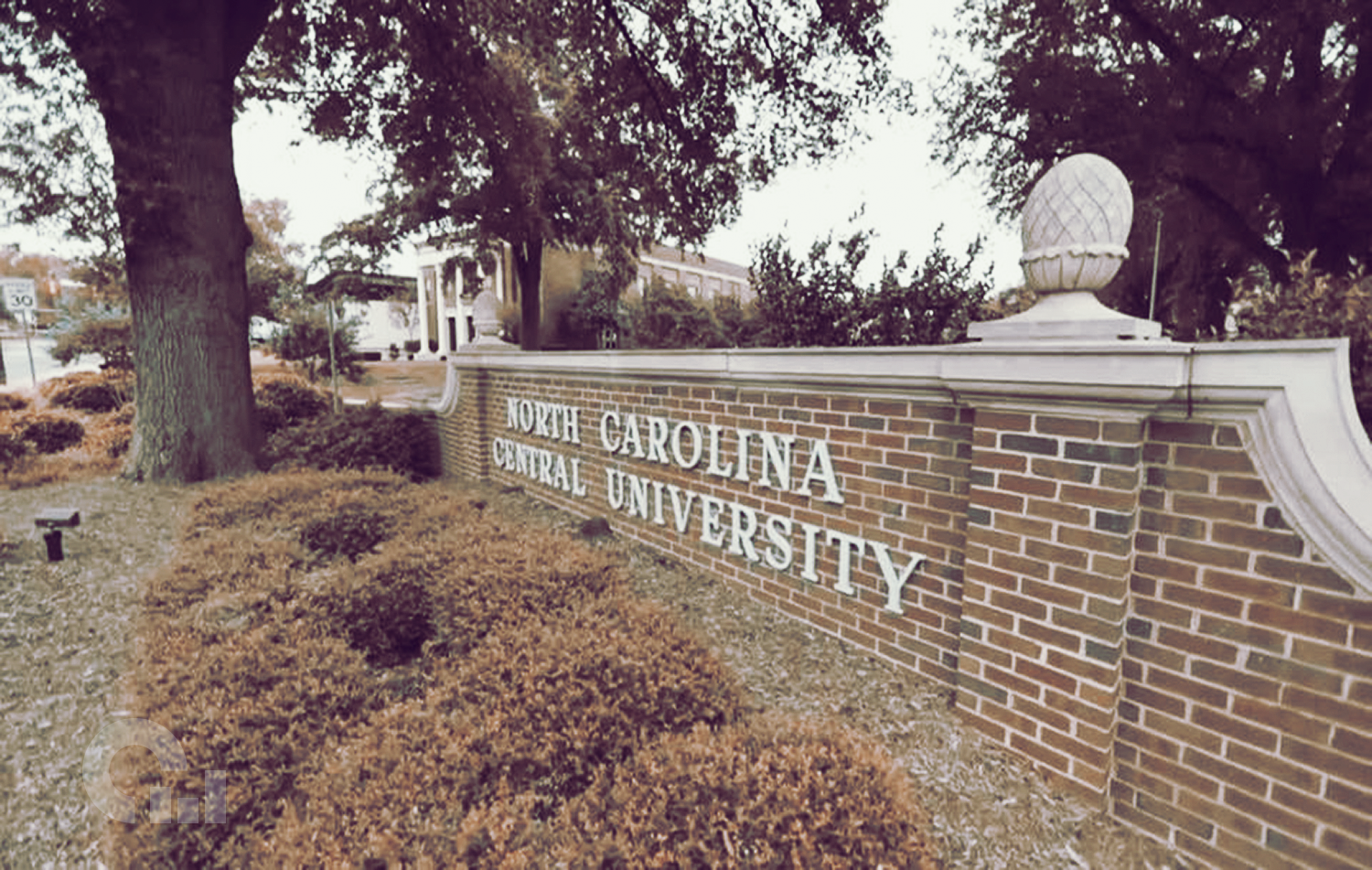Everyone knows how to Google a question, but few people know exactly how to find a reliable resource for their next research project.
Librarians, on the other hand, know exactly where to look, and can help you find the perfect reference resource for an essay. College students in particular understand how helpful a good librarian can be and how much of a difference they can make during their studies.
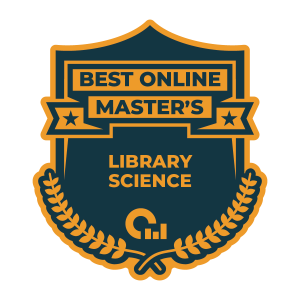 Librarians play a vital role in the information technology network of any school or business. They’re the unsung heroes who compile library catalogs, search for new books and magazines to fill the shelves, and know exactly where to go to locate an obscure book. They have a lot to do and need to have lots of experience and education to do the job effectively.
Librarians play a vital role in the information technology network of any school or business. They’re the unsung heroes who compile library catalogs, search for new books and magazines to fill the shelves, and know exactly where to go to locate an obscure book. They have a lot to do and need to have lots of experience and education to do the job effectively.
Not everyone is cut out to be a librarian, and becoming one requires a specialized degree. The best online Master’s in Library Science degrees are only found at the best schools with the right programs. Thankfully, all of these degrees can be pursued online.
Online degree programs can prepare you to become a librarian through in-depth curriculums and experienced faculty. They’ll also offer enough flexibility for any student; you can pursue your education on your own time.
What is a Master’s degree in Library Science?
Most libraries and academic fields or in schools require the head librarian or overseer position to have a Master’s in Library Science Degree.
A Master’s in Library Science Degree is the degree most commonly held by actual librarians. Although libraries are run by many staff members who hold a variety of degrees, only Master’s in Library Science degrees can properly prepare someone for becoming the chief librarian at a specific location.
If you want to ever run your own library and decide critical things, like the books included on the shelves or what direction to take a library, you have to get this degree. It takes a multidisciplinary understanding of information sourcing, organization, and research to effectively create a library where things are in logical places for perusal.
A Master’s in Library Science degree prepares people for understanding and organizing educational and fictional resources amidst a vast database of books. Navigating an entire library’s worth of knowledge is a difficult task without the experience and professionalism provided by this type of degree.
In addition, these degrees provide students with extensive knowledge of preserving, maintaining, and cataloging all the materials in the library. These skills help individuals maintain a library’s usefulness and allow a library to expand its collection.
How Much Can You Earn with a Master’s degree in Library Science?
On average, librarians make around $50,000 per year with plenty of variation depending on location and seniority. Librarians with more experience typically earn more than librarians just starting out.
In addition, librarians that take on more administrative roles, like becoming a Library Director, can earn upwards of $80,000-$100,000 per year. Librarians with more specialized jobs, like archivists or curators, can leverage their extra experience and critical role in a library to earn more money, as well.
This number is high because Librarian positions are somewhat rare. Job turnover tends to be quite low, as librarians end up remaining at the same school or library for a long time before ever moving on. Libraries are common, but usually only require one or two administrative or head librarian positions to be run smoothly.
The rest of the staff generally do not have Library Science degrees or the same amount of responsibility.
If you do pursue a job with a Master’s in Library Science degree, you can expect to search for the perfect position for some time. Before you attain a higher position, your earnings may be low. It’s only once you achieve the title fitting the degree that you start to earn what the degree is worth.
What is Required for a Master’s degree in Library Science?
To obtain a Master’s in Library Science degree, you’ll need to first have a Bachelor’s degree. You can normally get this degree in any major, although academic pursuits will likely increase your chances of being accepted into a master’s program.
Once accepted, your library science program will include classes from the following subjects:
- Collection management
- Information technology
- Cataloging
- Reference services
- Communications
- English and writing
- Business and administration
There are a few required classes in every Library Science degree that you’ll take no matter your program. These classes are things like Information Sources and Services, which teaches you how to identify and spread reliable sources of information, and Collection Development, which teaches you how to decide which works should be included in a library and how to shore up weak spots in your catalog of knowledge.
In addition, most Master’s in Library Science degree programs are accredited by the American Library Association Committee on Accreditation or ALA, while others are not. Accredited programs have greater placement rate after graduation and are known to have effective curriculums and experienced faculty.
What Are the Best Master’s degrees in Library Science?
OSR uses six data points: three school-wide and three program specific. For school-wide, OSR uses Student Satisfaction, Admission Rates, and the number of programs the school offers online. For program specific, OSR checks the Median Debt of graduates from that program, how many degrees are offered within that program’s umbrella department, and what percentage of students at that school graduated from that department.
The six statistics are displayed by each school. The sliding bar under each statistic represents how that school compares to other US institutions. “Not reported” means a school did not release that information to the US Department of Education. A more detailed description of the OSR process can be found on the methodology page.



